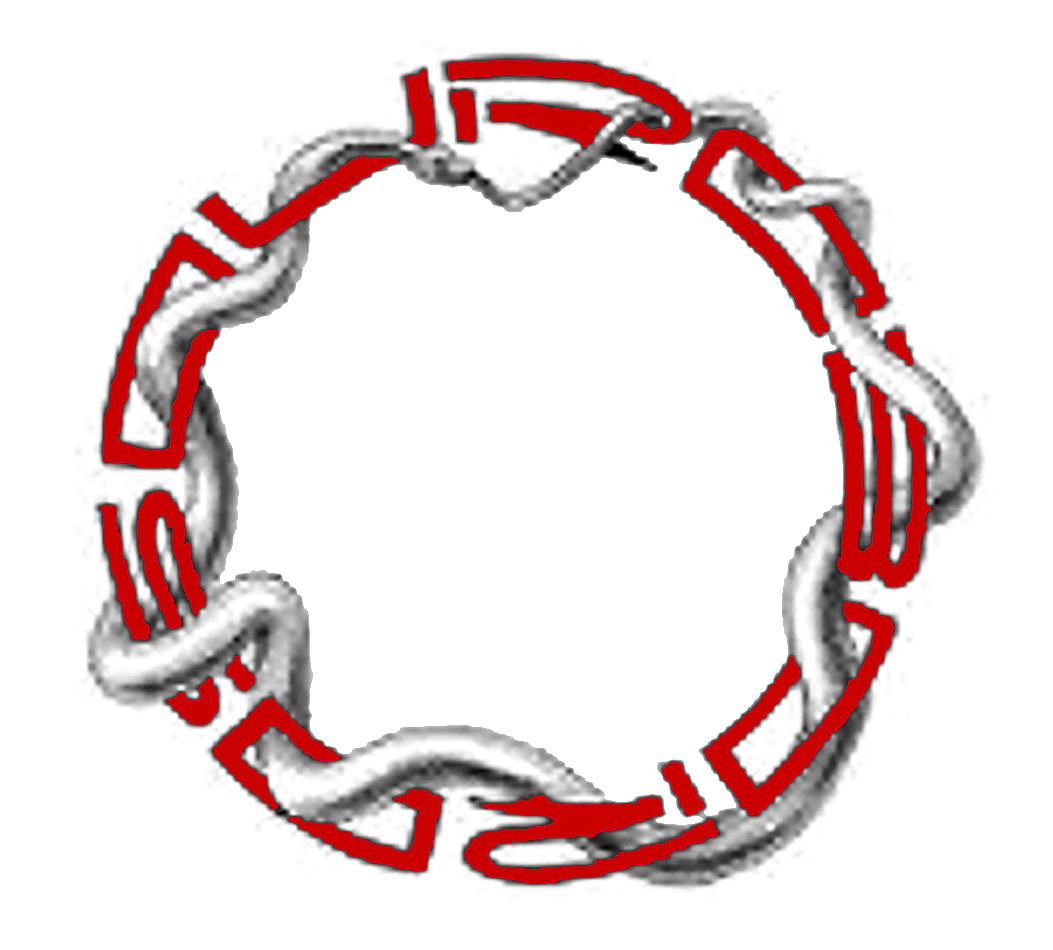the jinn in the machine
February 4th, 2009Everyone at the table lies constantly about what they have, and just like as in poker, bluffs happen and shows of weakness when there’s really strength are often made, and the most wily players will send their opponents mistells.
And just like in any informal poker game, the rules of play can be shifted around – you can run the cards twice or have prop bets – and it’s not just chips that make their way onto the table.
Here as in the Middle East, the most obvious play isn’t the most likely one. For anyone to assume that Iran’s real intentions are either conventionally against a military they’re vastly outmatched by, or economically against the oil resources their prospective Russian and Chinese allies want intact would mean forgetting that we can’t see Iran’s hole cards.
Geopolitics isn’t chess, no one can see everything that’s on the table. Iran’s best play would not be directly against American interests in the Gulf.
History has an uncanny way of repeating itself. The present Saudi regime was put into power by a decisive raid that lasted all of thirty-minutes. If you have any doubt that the world will be again shifted in a matter of minutes you just have to remember 7/7, JFK, Beirut in 1983, Munich, or 9/11.
Unconventional, asymmetric attacks lasting only minutes have time and time again altered world events for generations after their occurrence. Depending on the geopolitical context these attacks are sometimes called brilliant military maneuvers and other times terrorism, for an array of reasons that are too complex to get into here.
Iran’s most effective play against America would not be the direct one, but would instead be a much shiftier play. Against a stultified and creaky Saudi regime whose collapse has seemed imminent for the better part of two decades. Either through mass uprising just like the Iranian theocrats came to power themselves, targeted assassinations and bombings, or simply co-opting the government and convincing those in power to turn their backs on their American clients.
The Saudi people see their government as corrupt and immoral, and it’s perceived to be much worse than how the average American believes politicians lie and accept bribes.
Saudi Arabia is built intimately around the idea that its existence is upholding Wahhabism: a stoic and unflinching version of Islam which hacks off thieves’ hands, executes drug-dealers, stones adulterers, requires women to cover all skin except their face, and bans any imaginable form of dissent or religious symbolism.
And yet its leadership is seen by the Saudi people to regularly cavort around in yachts and jets fully stocked with liquor and hookers. Of the hundreds of Saudi princes, very few of them are believed by the Saudi people to live anything close to a life of piety and true submission to God’s will.
Although the Saudis are majority Sunni and the Iranians Shi’a, there’s significant crossover in both nations, and it would be as easy for a worldly Iranian to penetrate Saudi inner-circles as it would be a well-traveled New Yorker to blend into LA. There’s also the fact that the majority of Saudi oil lies beneath desert regions with a majority Shi’a population. Imagining an Iranian program to stir Saudi dissent or to stage a proxy attack against the Saudi government isn’t an exercise in the unlikely or improbable. We may not even see this play occur, as choppy as the international waters are growing, it would be easy to miss a subtle Iranian push beneath the waves.
If Iran sees their region as a poker table, they can see the direct threat of an American military strike. They have threatened to hit back against our oil and strategic interests in the region – so America thinks it knows how Iran will respond if we carry out our threat.
But America would be put in a very tight place indeed and set against highly unfavorable odds should the Iranians find a way to put an end to the dollar’s place as the sole means of payment for Saudi oil. In effect, this decoupling would sweep the chips on the table now onto the floor, and make all the economic advantages we have now meaningless.
If this should happen, and there’s growing reason to think things may sheik outthis way, if the game gets new rules – blood will be spilled and nothing that occurred leading up to it will matter much at all.
Unlike chess matches, poker games have often ended with the cards cast fluttering to the floor, the table violently upturned, and every fist swinging for the nose of its nearest opponent.
________________________________
–learn more about Tremble the Devil–
1. as a devout Muslim, Aziz would never have been near a pig in his life so would’ve had no idea how to hog-tie.
2. there are still some private ones left at the time of this writing.
Category: Uncategorized One comment »






June 13th, 2010 at 8:21 am
All very interesting and I was going along nicely until you mentioned the Chinese Yen…. its the Japanese Yen and the Chinese Renminbi or Yuan.